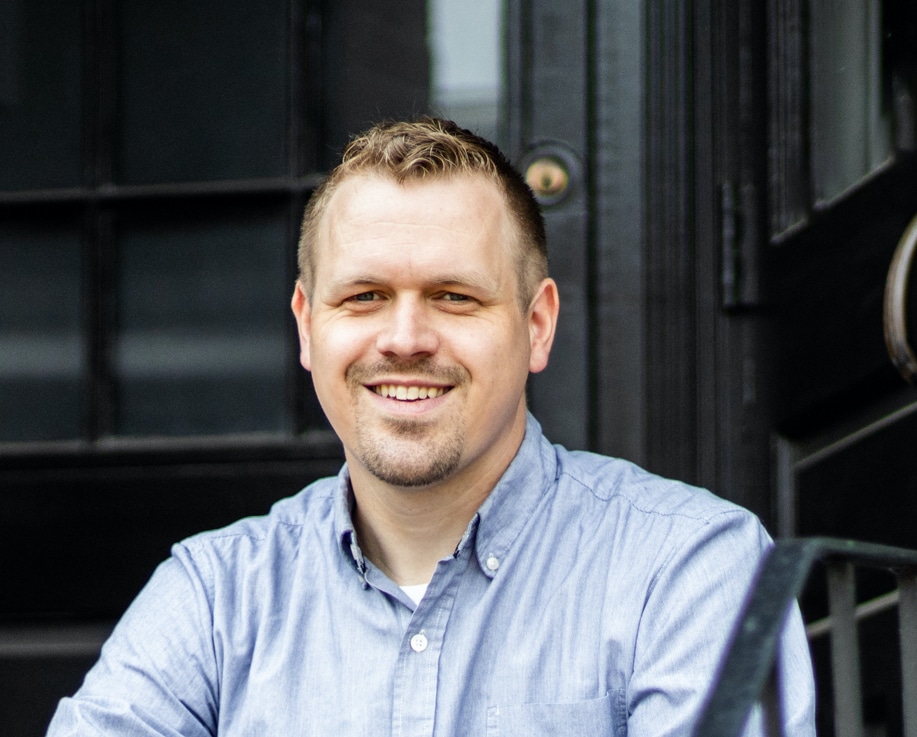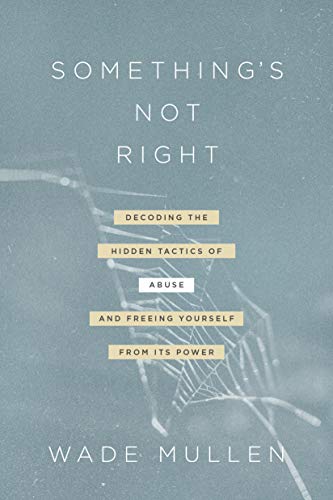Have you ever had the feeling that something’s not right? The explanations don’t quite make sense. You feel guilty, but you don’t know why. You’re afraid to speak, while at the same time, uneasy about staying quiet.
This is often how people caught in spiritually abusive systems feel. And on this episode of The Roys Report, abuse advocate and researcher, Wade Mullen, joins Julie to discuss his new book on abuse: Something’s Not Right: Decoding the Hidden Tactics of Abuse and Freeing Yourself from its Power.
Wade did his doctoral dissertation on the tactics evangelical organizations use when caught in a crisis. And he’s become an expert on impression management—the strategies that individuals and organizations use to gain power and cover up wrongdoing.
This podcast will open your eyes to the tactics abusers use and begin to equip you with the tools you need to move forward in freedom.

Wade Mullen
Wade Mullen, PhD, is a professor, researcher, and advocate working to help those trapped in the confusion and captivity that mark abusive situations. His personal experiences and ongoing research enable him to write with both care and expertise. Wade and his wife, Sarita, live in Lancaster, Pennsylvania, with their four children.














5 Responses
Great interview! This is my first time to listen here. Very well done! Thanks
This is my first time here also. I appreciate a true understanding. Thank you.
Interesting advice by Mr. Mullen re: get a different perspective by visiting another church. Our abusive pastor preached that people who weren’t completely committed to one church every Sunday were failing spiritually. It was digraceful to “hop” around to different churches.
This podcast is really good! Ultimately, refusing to acknowledge one’s sin Is based in the sin of pride. And sadly, it seems increasingly rare to find Christian “leaders” these days with the humility necessary to do this.
I’m also reminded of a quote from a book I have:
“People who consistently choose sin usually rationalize it as somehow being okay for themselves. They then enter into denial about it. As Scott Peck wrote in ‘The People of the Lie,’ ‘the central defect of evil is not the sin but the refusal to acknowledge it.’
There are two chief ways in which this refusal is sustained by those who consistently do evil but deny it. One is by scapegoating others; the second is by reconciling good and evil.”
This is an really excellent conversation about the dynamics of abuse of power, and why in most cases involving churches, true healing and apologies never take place. It is comforting to know there are people out there like Dr Mullen who will defend victims, stand up for the oppressed, and point out the failings of many church leaders who are unwilling or unable enough to own their sin. As someone who has been both a victim of spiritual abuse and a perpetrator, it is important to be able to own your own sin as part of the repentance process. Where is the humility and meekness of character in these church leaders, who let fear, pride and money dictate their actions, rather than Christ-likeness?
What is pointed out around the 40 minute mark about organizations failing to honestly disclose and name their sins and the effect they have (truly equal to fake apologies), is doing far more harm to the Church than if an honest self assessment was made public. For any church that alleges to value reconciliation as an core value, failing to truly reconcile in situations where abuse has taken place may well represent the Church’s biggest failing in present times.